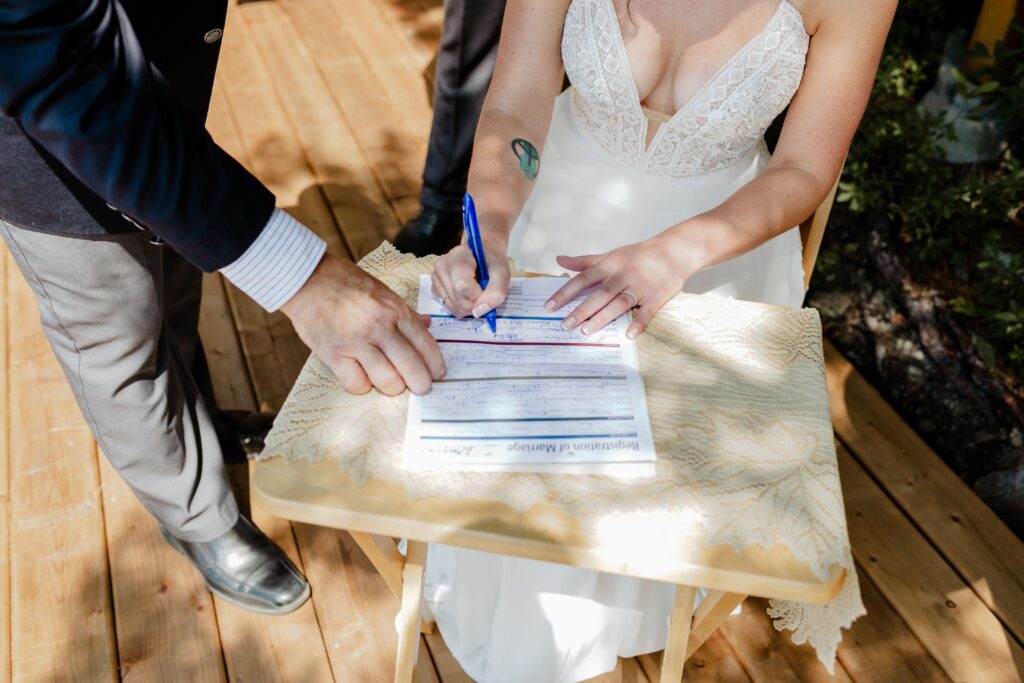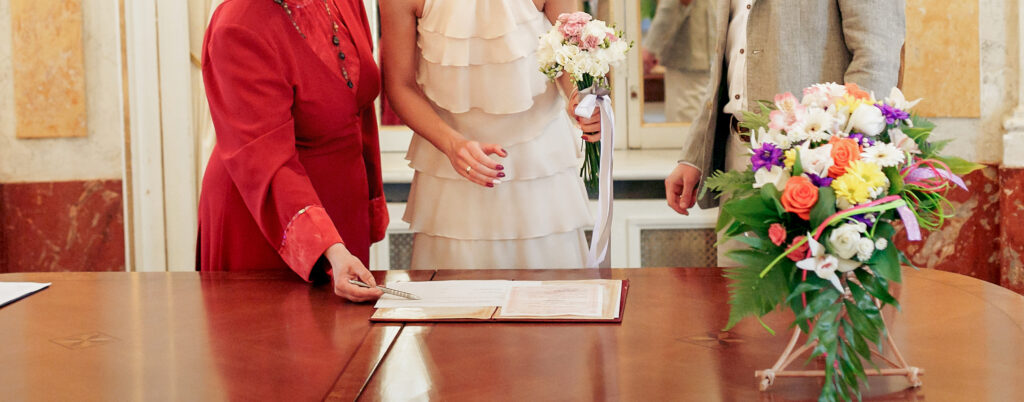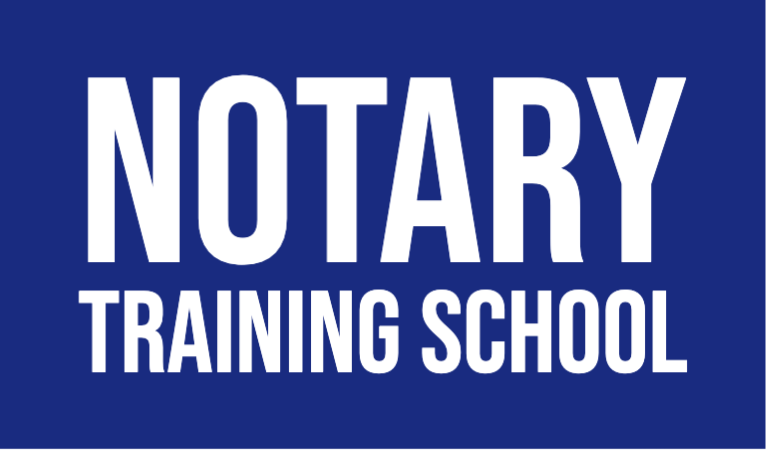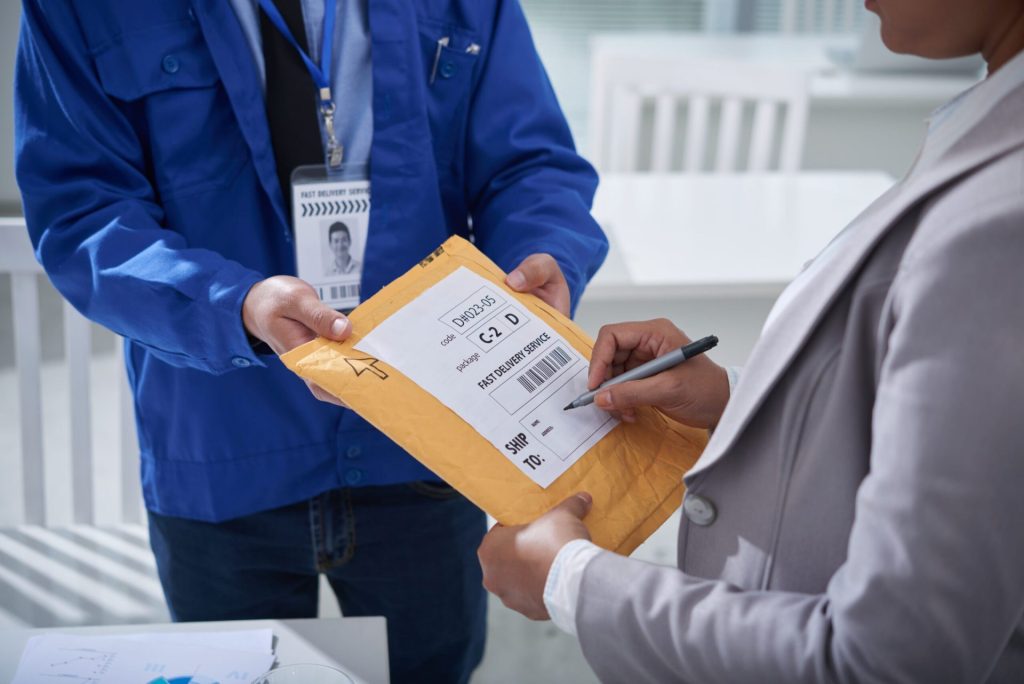Becoming a Wedding Officiant: The Notary’s Path to Officiating Weddings

The role of a notary public has evolved significantly over the years. Beyond the traditional duties of verifying signatures and administering oaths, notaries in many states can now officiate weddings. This growing trend offers a unique and rewarding opportunity for notaries to expand their services and engage in one of the most joyous occasions in people’s lives. This article will provide a comprehensive guide on how notaries can become wedding officiants.
Table of Contents
Understanding the Role of a Notary Public

A notary public serves as an impartial witness to the signing of important documents, helping to prevent fraud and ensure the integrity of transactions. This role requires a keen attention to detail, adherence to legal protocols, and a high level of trustworthiness. As a wedding officiant, a notary public will draw on these skills to conduct wedding ceremonies that are both legally valid and meaningful for the couple.
Traditional Duties of a Notary
Traditionally, notaries have been responsible for verifying the identities of signatories, ensuring that all parties understand the document’s contents, and witnessing the signing of various legal documents. These duties require notaries to be meticulous, trustworthy, and knowledgeable about legal requirements.
Transitioning to a Wedding Officiant
The transition from notary duties to officiant responsibilities involves understanding the legal aspects of marriage and the ceremonial nuances that make each wedding unique. While the fundamental skills of attention to detail and legal compliance remain crucial, notaries must also develop an ability to create and conduct a ceremony that resonates with the couple’s personal story and preferences.
Legal Requirements for Notaries to Officiate Weddings

The ability of a notary to officiate weddings varies by state. For example, some states explicitly allow notaries to perform marriage ceremonies. In other states, additional certifications or registrations may be required. It’s crucial for notaries to research and understand the specific requirements in their state.
Overview of State-Specific Requirements
Each state has its own laws governing the ability of notaries to officiate weddings. Some states have straightforward regulations, while others may require notaries to obtain additional certifications or permissions. It is essential to consult reliable resources such as the National Notary Association and state government websites to ensure compliance with all legal requirements.
Common Legal Stipulations
Common legal stipulations for notaries officiating weddings include verifying the identities of the couple, ensuring that both parties are of legal age and not already married, and completing the necessary paperwork to formalize the marriage. Notaries must also be aware of any specific forms or documentation required by their state.
Resources for Checking State-Specific Laws
Staying informed about state-specific laws ensures that notaries can confidently and legally officiate weddings. Useful resources include the National Notary Association, state government websites, and legal advisory services. These resources provide up-to-date information on legal requirements and procedures for notaries interested in officiating weddings.
Steps to Become a Wedding Officiant as a Notary

Becoming a wedding officiant involves several key steps:
1. Verify State Laws and Requirements
Research state-specific regulations to ensure compliance with all legal requirements. This step is crucial to avoid any legal complications that could arise from officiating a wedding without proper authorization.
2. Obtain Necessary Certifications or Permissions
In states that require additional permissions, apply for the appropriate certifications. This may involve completing specific training programs, passing exams, or registering with state authorities.
3. Register with State Authorities if Required
Complete any necessary registrations with state authorities to legally officiate weddings. This might include submitting an application, paying a fee, and providing proof of certification or training.
4. Prepare for the Role
Enroll in training and certification programs, such as those offered by the Notary Signing Agent Academy, to gain the knowledge and skills needed for officiating weddings. These programs can provide valuable insights into the legal, ceremonial, and logistical aspects of conducting a wedding.
5. Market and Promote Services
Develop a marketing strategy to promote your services as a wedding officiant. Utilize online platforms, social media, and networking opportunities to reach potential clients. Highlight your unique qualifications as a notary public and your ability to create personalized and legally sound ceremonies.
Preparing for the Ceremony

Preparation is key to a successful wedding ceremony. Notaries should take the time to understand the couple’s vision and preferences for their special day. This includes writing and personalizing the wedding script to reflect the couple’s unique story and relationship.
Writing the Wedding Script
Creating a wedding script involves more than just reciting vows. It requires understanding the couple’s journey, their values, and their expectations for the ceremony. A well-crafted script can make the ceremony more meaningful and memorable for the couple and their guests.
Rehearsals and Coordination
Rehearsals are essential to ensure smooth execution and coordination with the couple and any other participants in the ceremony. This practice helps to identify and address any potential issues, ensuring that everyone involved knows their roles and responsibilities.
Attention to Detail
Attention to detail and thorough preparation will help create a memorable experience for the couple and their guests. From ensuring the correct pronunciation of names to managing the timing of each part of the ceremony, meticulous planning is crucial for a successful event.
Conducting the Wedding Ceremony

When the big day arrives, the notary officiant’s role is to lead the ceremony with confidence and grace. This involves not only reading the script but also managing the flow of the event and addressing any unexpected situations that may arise.
Tips and Best Practices
To officiate a wedding successfully, notaries should focus on clear communication, maintaining a calm demeanor, and being adaptable. Engaging with the audience and making the couple feel comfortable can significantly enhance the ceremony.
Managing Legal Documentation
Ensuring that all legal documentation is properly completed and signed is a critical responsibility. This includes verifying the marriage license, obtaining necessary signatures, and submitting the paperwork to the appropriate authorities.
Creating a Memorable Ceremony
The officiant should strive to create a warm and inclusive atmosphere, making the ceremony a memorable occasion for everyone involved. Personal touches, meaningful readings, and thoughtful gestures can make the event special for the couple and their guests.
Post-Ceremony Responsibilities
After the ceremony, there are several important tasks to complete. The officiant must file the necessary paperwork with the appropriate authorities to legally document the marriage.
Filing Necessary Paperwork
This includes submitting the marriage license and any other required forms to ensure that the marriage is legally recognized. Timely and accurate submission of these documents is crucial to avoid any legal issues.
Follow-Up with the Couple
Follow-up with the couple to address any post-ceremony needs and to maintain professional records of the event is also important. This could involve providing copies of the marriage certificate, answering any questions, and offering additional services such as notarizing documents.
Maintaining Records
Maintaining accurate records of the weddings officiated is essential for legal and professional purposes. These records can also serve as valuable references for future clients and help build a reputable officiating practice.
Conclusion
Officiating weddings as a notary public is a rewarding and fulfilling extension of traditional notary duties. By understanding the legal requirements, preparing thoroughly, and conducting the ceremony with professionalism, notaries can play a vital role in one of life’s most significant milestones. For those interested in expanding their services and embracing this unique opportunity, resources like the Notary Training School and the Notary Signing Agent Academy offer invaluable guidance and support. Embrace the journey of becoming a wedding officiant and make a lasting impact on couples’ lives.






Responses